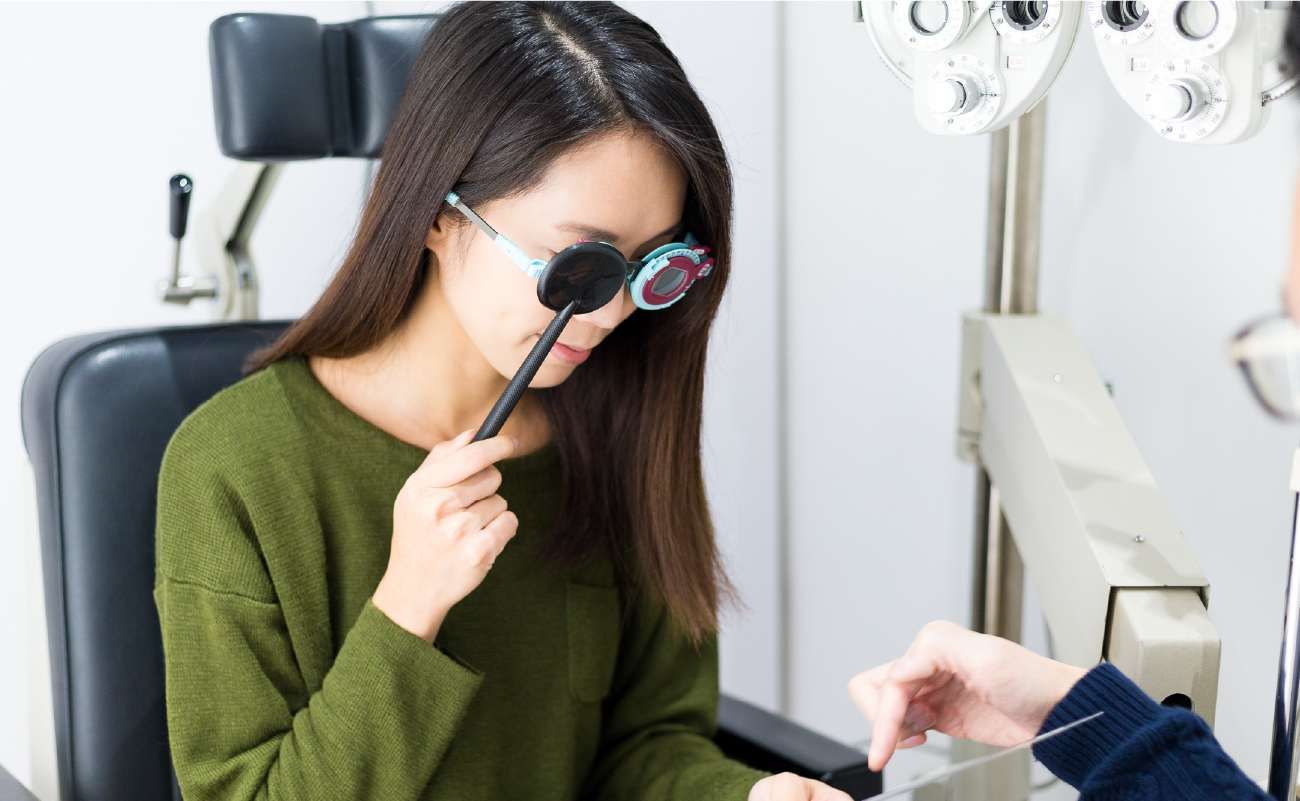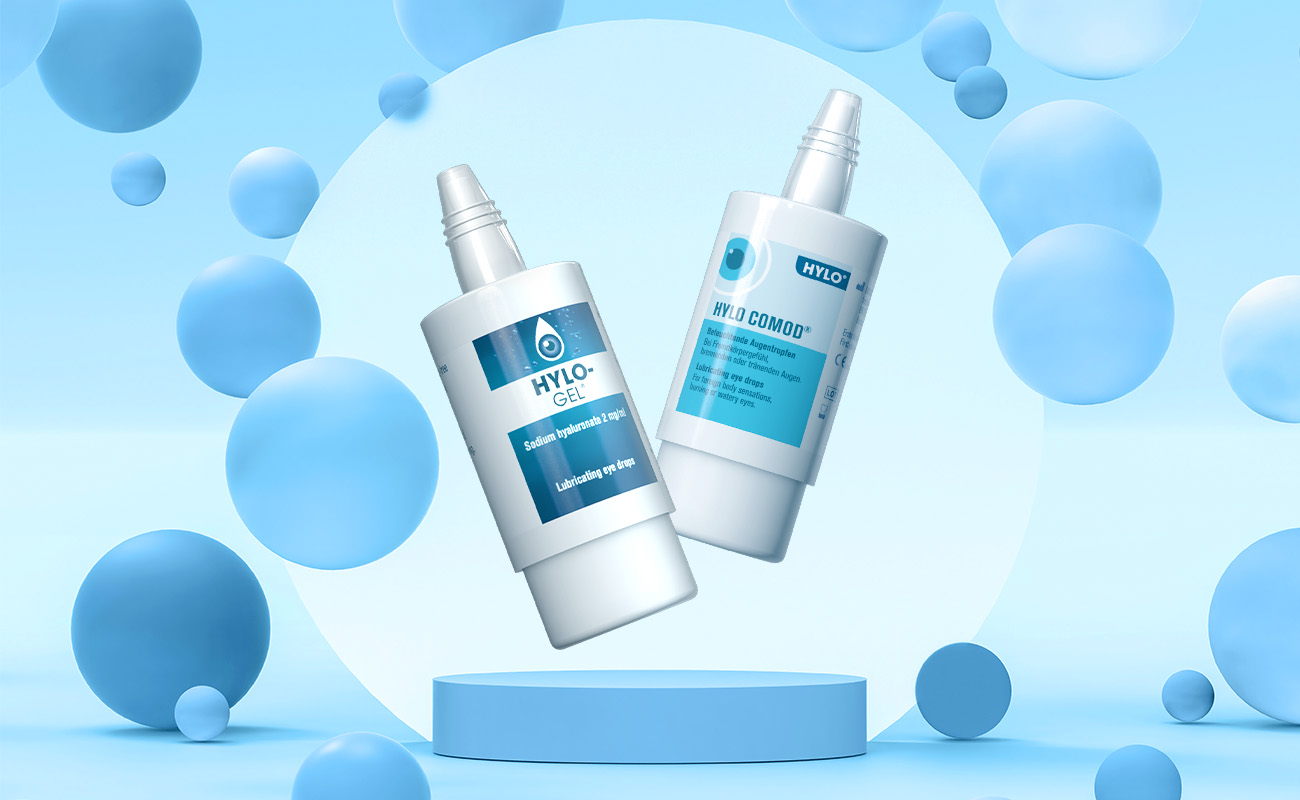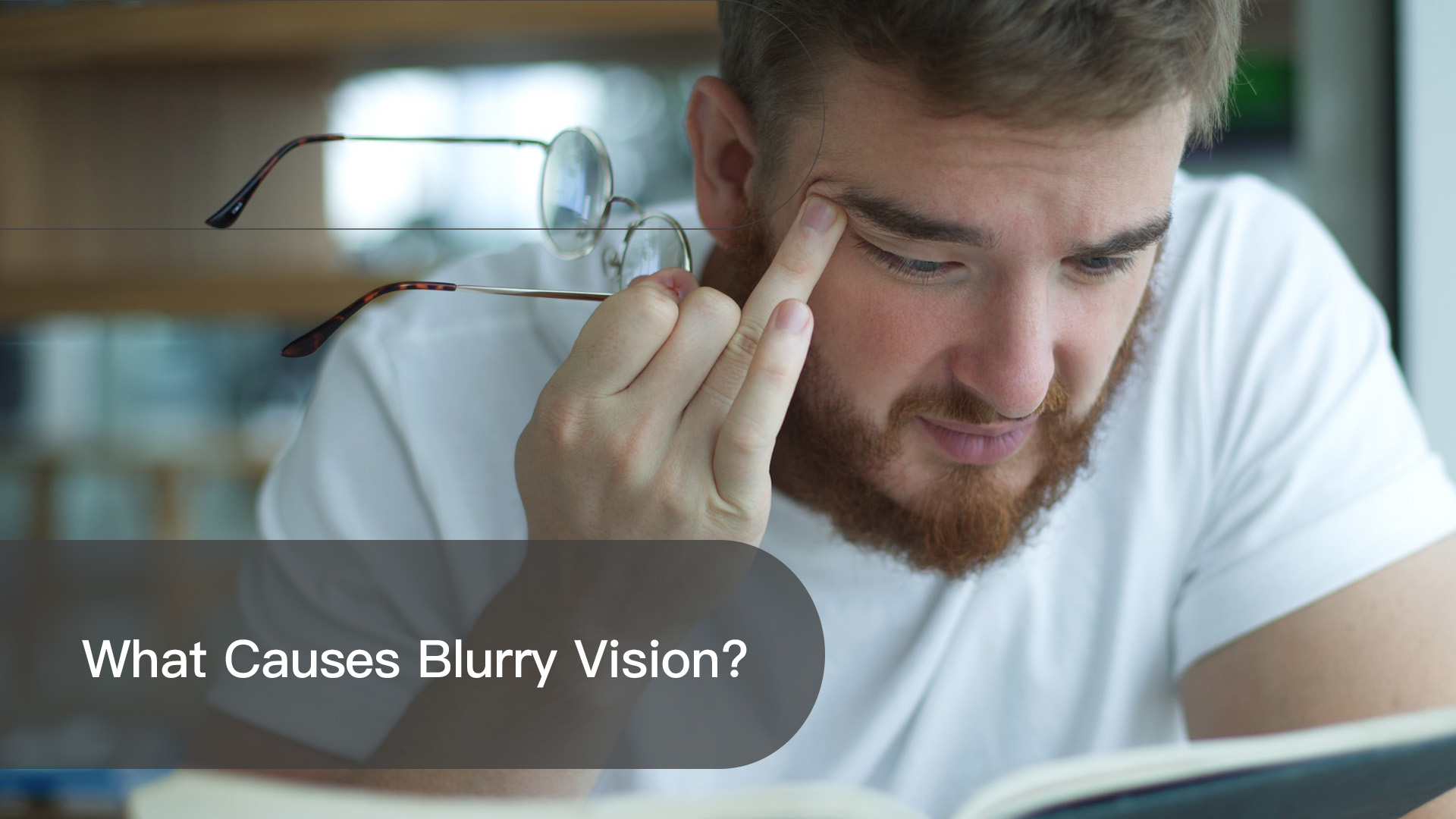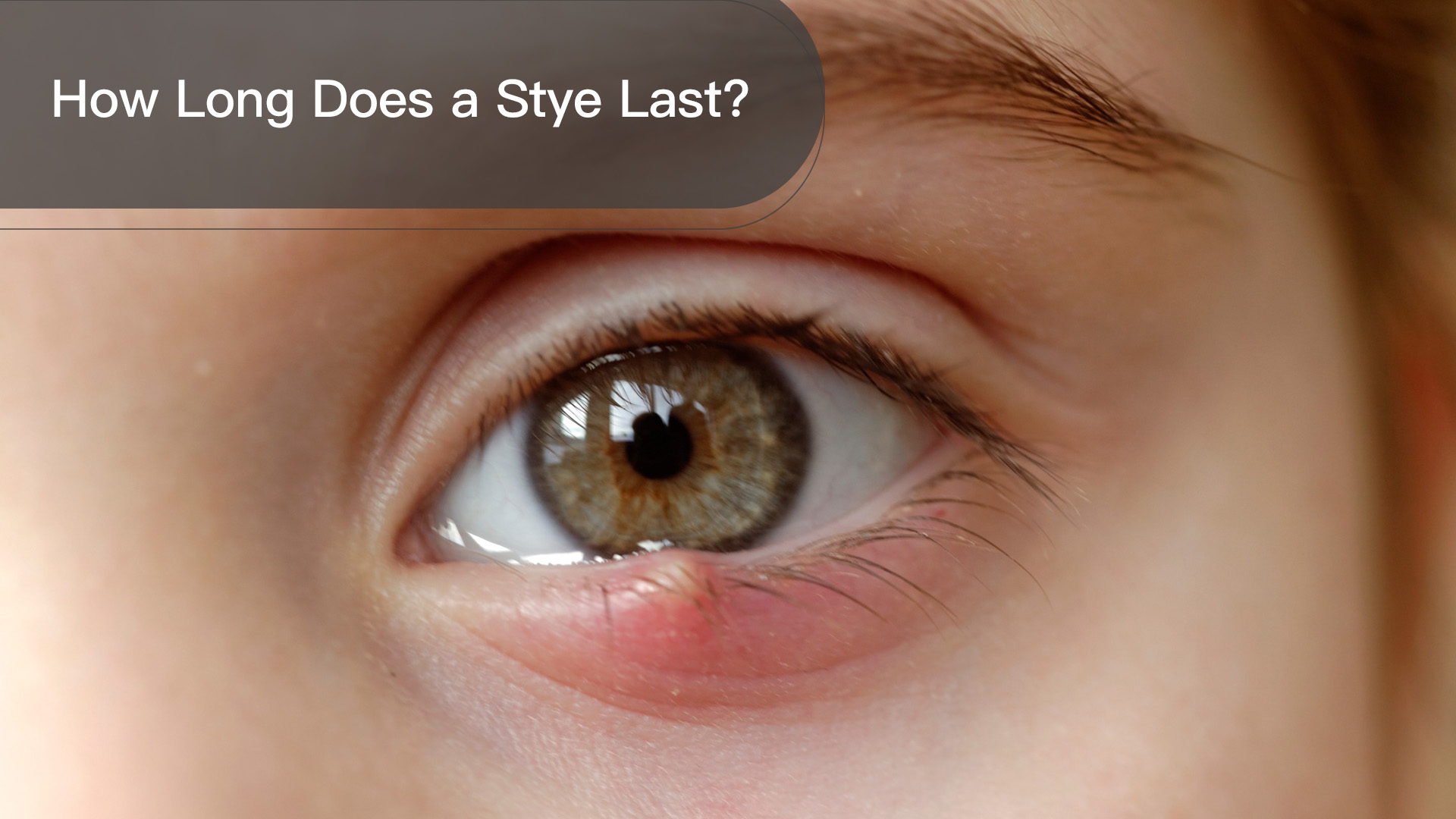Blurry Vision Might Be Linked to Your Daily Habits

Blurry vision refers to decreased visual clarity, making objects appear fuzzy or out of focus.
Blurry vision is commonly caused by poor daily habits, such as prolonged screen time, insufficient eye rest, exposure to bright light, or using electronic devices in dim environments. Fortunately, it often improves with proper rest and adjustments in daily routines.
However, if blurry vision persists, occurs frequently, or worsens over time, it may indicate underlying eye conditions such as macular degeneration, myopia, or dry eye syndrome. In such cases, I would like you to seek medical attention immediately.
3 Common Causes of Blurry Vision

1. Increased Eye Discharge
Excessive eye discharge can indicate conditions like conjunctivitis, blepharitis, or dry eye syndrome. When this occurs, you can use a warm, damp cloth to clean your eyes or apply preservative-free eye drops. However, if the discharge appears unusual or is accompanied by severe discomfort, consult an eye specialist immediately.
2. Refractive Errors
Blurry vision is often caused by refractive errors, where the cornea’s curvature or eye length is mismatched, preventing light from focusing correctly on the retina. Common types of refractive errors include:
- Myopia (nearsightedness)
- Hyperopia (farsightedness)
- Astigmatism
- Presbyopia (age-related farsightedness)
3. Pseudomyopia (False Myopia)
Focusing on close objects for extended periods can cause the ciliary muscles to contract excessively. When you suddenly shift focus to distant objects, these muscles may not relax immediately, resulting in blurred vision.
Pseudomyopia occurs when the ciliary muscles over-contract, thickening the lens and causing light to over-refract, leading to temporary nearsightedness. This condition can often be alleviated with ciliary muscle relaxants or mydriatics (dilating eye drops), which help the muscles relax and restore normal vision.
Pseudomyopia is particularly common among kindergarten or primary school children due to their more responsive and flexible ciliary muscle function than adults.
How to Prevent Blurry Vision? 5 Lifestyle Changes
Understanding the causes of blurry vision allows for targeted prevention and improvement. Here are five practical lifestyle adjustments to maintain a clear and healthy vision:
1. Balanced Diet
Understanding the causes of blurry vision allows for targeted prevention and improvement. Here are five practical lifestyle adjustments to maintain a clear and healthy vision:
- Vitamin A and Carotenoids: Carrots, pumpkin, and dark green vegetables
- Omega-3 Fatty Acids: Mackerel, sardines, salmon, nuts, and chia seeds
- Lutein: Spinach, kale, tomatoes, and kiwi
- Anthocyanins: Blackcurrants, blueberries, bilberries, and purple cabbage
- Vitamin C: Broccoli, bell peppers, oranges, and guavas
- Vitamin E: Nuts, seeds, and dark leafy greens
- Vitamins B Complex: Whole grains, milk, green vegetables, and liver
2. Practice Healthy Eye Habits
- Follow the 20/20/20 rule: After 20 minutes of screen time, take a 20-second break to look at something 20 feet away.
- Maintain a regular sleep schedule to ensure adequate rest.
- Avoid screens in poorly lit environments and ensure proper indoor lighting.

3. Regular Eye Checkups
Schedule professional eye exams every six months to detect and address potential issues early. Regular checkups help evaluate your vision and determine if corrective measures or treatments are necessary.
4. Protect Eyes from UV Rays
Prolonged exposure to ultraviolet (UV) rays can damage the retina and cause long-term vision problems. To safeguard your eyes, wear high-quality sunglasses with adequate UV protection when outdoors.
5. Use Preservative-Free Eye Drops
While preservatives extend the shelf life of products, they can damage the eye’s delicate tissues. Opt for preservative-free eye drops to alleviate dryness, fatigue, and blurry vision while protecting the eyes from harmful chemicals.
Hylo-Comod and Hylo-Gel by Ursapharm

To effectively manage and prevent blurry vision, consider using Ursapharm’s preservative-free eye drops, specifically Hylo-Comod and Hylo-Gel. These advanced products, made with cutting-edge German technology, are tailored to address various eye concerns:
- Hylo-Comod: Provides light hydration, ideal for mild dryness or eye fatigue.
- Hylo-Gel: Offers intensive hydration for more severe symptoms of dryness and irritation.
Both products feature patented Hylo-hyaluronic acid technology and are preservative-free, ensuring safe and effective relief from dryness and fatigue while reducing the risk of blurry vision.
The unique patented bottle design ensures product quality, with an extended shelf life of up to six months after opening. This guarantees convenience and peace of mind without compromising safety.
By incorporating these lifestyle habits and using high-quality products like Hylo-Comod and Hylo-Gel, you can effectively address blurry vision and maintain optimal eye health.


